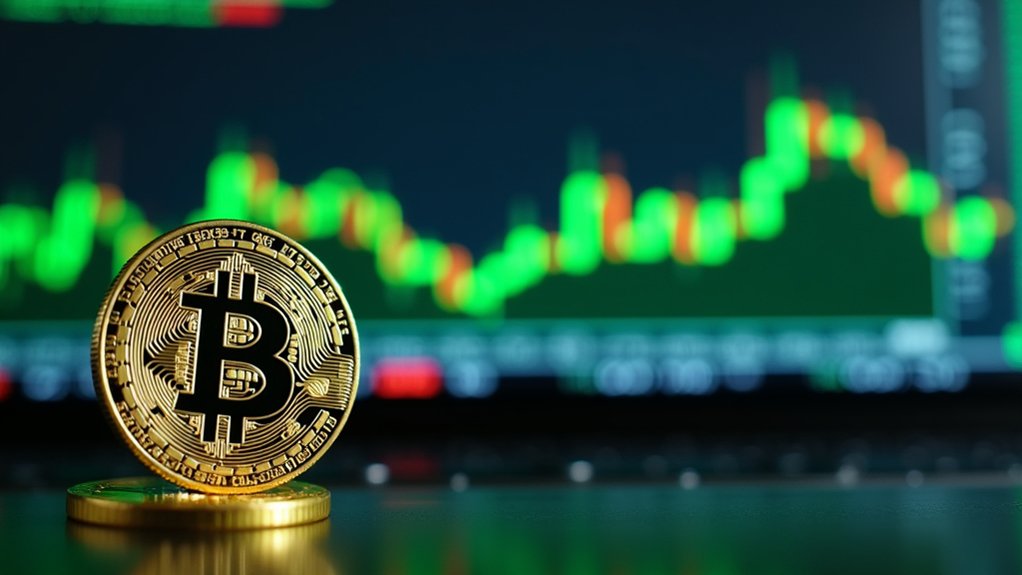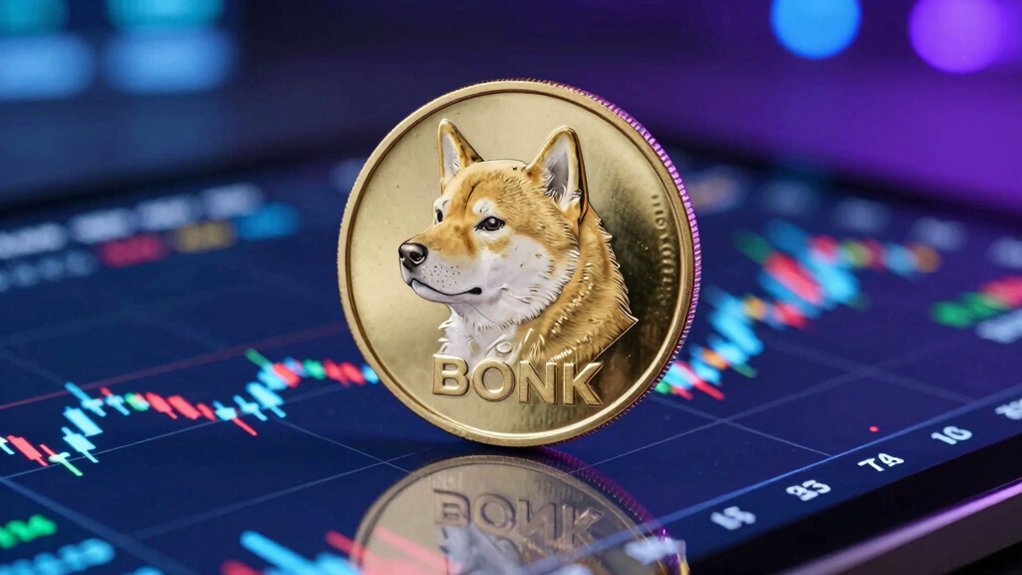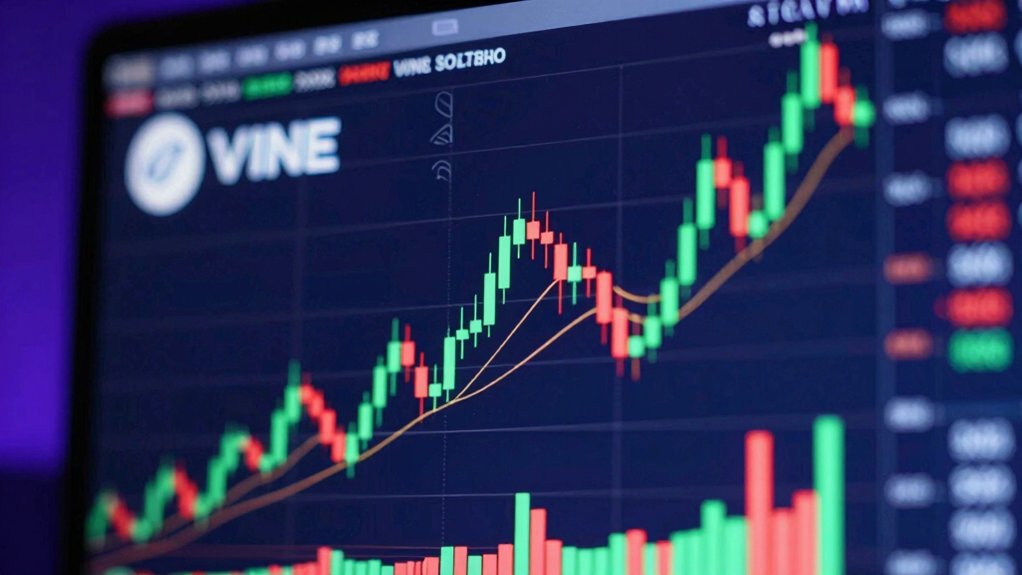In an audacious recalibration of traditional finance’s tired indices, Block Inc.—helmed by the unabashed Bitcoin evangelist Jack Dorsey—has muscled its way onto the S&P 500, flagrantly displacing Hess Corp. following Chevron’s mammoth acquisition; this bold inclusion not only underscores the erosion of fossil fuel dominance in market benchmarks but also brazenly challenges entrenched notions of what constitutes financial legitimacy, forcing skeptics to confront the uncomfortable reality that cryptocurrency and digital payments are no longer fringe experiments but formidable forces reshaping the very architecture of institutional investing. Block’s rise is no mere happenstance; it signals a seismic shift as digital payments and cryptocurrency integration leap from the periphery into the mainstream, dragging with them an entire paradigm of finance that scoffs at outdated, carbon-heavy relics now vanishing from the index. The change will be effective prior to market opening on July 23, 2025, marking a clear point of transition in the index’s composition effective prior to market opening.
Block Inc.’s portfolio, anchored by Square and Cash App, exemplifies a new breed of FinTech juggernaut, evolving beyond mere transaction facilitation into a multiservice platform integrating consumer lending and peer-to-peer transfers, all underpinned by regulatory nods such as the FDIC’s green light for Cash App Borrow. The company’s aggressive Bitcoin integration—most conspicuously in Square’s payment terminals—reflects Dorsey’s unyielding crusade to embed cryptocurrency within everyday commerce, a stance that simultaneously disrupts conventional banking orthodoxy and demands recognition from legacy financial institutions. This move, far from symbolic, redefines index composition, favoring nimble, tech-driven entities over fossil fuel incumbents and signaling a broader acknowledgment of cryptocurrency’s legitimacy in institutional frameworks. Block will replace Hess in the S&P 500 starting July 23, marking a definitive timeline for this transformative shift.
Consequently, Block’s entry into the S&P 500 will amplify its visibility among institutional investors, catalyzing increased liquidity and institutional ownership, therefore fortifying its market position. This inclusion is not just a corporate milestone—it is a provocative indictment of the financial establishment’s inertia and a clarion call for recalibrating investment criteria to embrace innovation rather than cling to obsolescence.









